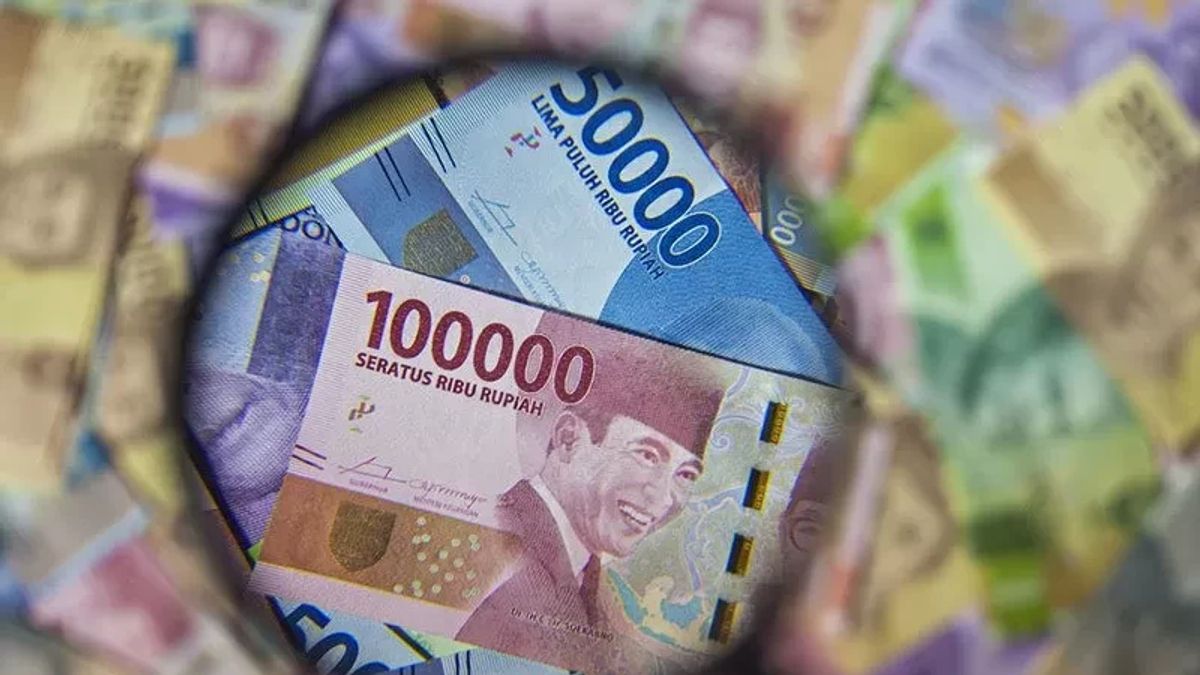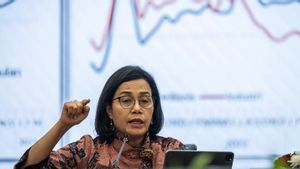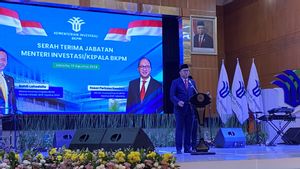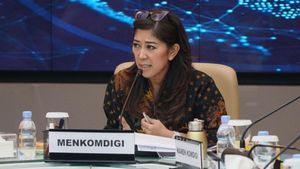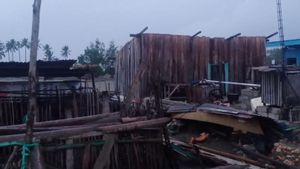JAKARTA - Member of the House of Representatives (DPR) of the PDIP faction Adisatrya Suryo also observed the increase in the central government's budget for the personnel expenditure group which became IDR 52.4 trillion and debt financing spending of IDR 53.9 trillion in the 2025 State Revenue and Expenditure Budget Draft (RAPBN) compared to spending on beneficiary posts actually decreased.
Adisatrya said that the increase in the two expenditure posts occurred when spending for the beneficiary group actually decreased when compared to the estimated realization of the 2024 State Budget. Where, capital expenditure decreased to RP148 trillion, subsidy spending decreased to Rp4.8 trillion, social assistance spending fell to Rp700 billion, and subsidy spending fell to Rp6.45 trillion when compared to the estimated realization of the 2024 State Budget.
"The government must be able to ensure that the declining state expenditure allocation does not reduce people's welfare and makes it easier for people to get health services, education, housing, social assistance, basic assistance, and so on," said Adisatrya when giving a general view of the Faction on the 2025 State Budget Bill and its Financial Note in the Indonesian House of Representatives, Tuesday, August 20.
In addition, Adisatrya added that the government allocates other expenditures of up to IDR 631.8 trillion, an increase of IDR 276 when compared to other expenditure allocations in the estimated realization of the 2024 State Budget.
However, Adisatrya explained that her party understands that the allocation of other expenditures can provide a wide fiscal space for the new government to come.
However, in its implementation, Adisatrya emphasized that the use of other shopping posts must go through the DPR's approval and cannot be unilaterally used by the government.
"The transfer of other expenditures to certain Ministries/Institutions, certain programs must respect the DPR's budget right mechanism to ensure that people's money is used as much as possible for the prosperity of the people," he explained.
Therefore, Adisatrya said that the government must ensure that state spending is more qualified, effective, efficient, and has an impact on the wider community throughout Indonesia.
"Every program must be able to show achievements in transforming reform, strengthening and others as for the welfare of the people and making it easier for the people to get services from the state," he said.
Adisatrya conveyed that state spending must be able to explain government programs in solving structural problems of food, energy, social inequality, inequality in the downstream region of various commodities of strategy and bureaucratic reform.
For information, the big picture of the architecture of the 2025 RAPBN is as follows:
State spending is planned at IDR 3,613.1 trillion, consisting of, Central Government expenditures of IDR 2,693.2 trillion, and Transfers to Regions of IDR 919.9 trillion.
Meanwhile, the education budget is allocated IDR 722.6 trillion, allocated for improving the nutrition of school children, renovating schools, and developing superior schools. The education budget is also for expanding scholarship programs, advancing culture, strengthening world-class universities, and for developing research.
SEE ALSO:
Meanwhile, the social protection budget is allocated IDR 504.7 trillion to reduce the burden on the poor and vulnerable, and accelerate poverty alleviation, which is carried out more on target, effective and efficient.
Meanwhile, the health budget is planned at IDR 197.8 trillion for improving service quality and affordability, accelerating stunting reduction and infectious diseases such as tuberculosis, as well as providing free health checks.
Furthermore, the food security budget is planned at IDR 124.4 trillion to support increased productivity, maintain food price availability and affordability, improve the distribution chain of agricultural products, and increase access to financing for farmers.
Then the infrastructure budget is IDR 400.3 trillion for education and health infrastructure, connectivity infrastructure, food and energy infrastructure, and the sustainability of IKN development.
Meanwhile, the transfer budget to the regions is planned at IDR 919.9 trillion to increase the synergy of central and regional fiscal policies, harmonize central and regional spending, and reduce regional inequality and strengthen inter-regional cooperation.
The English, Chinese, Japanese, Arabic, and French versions are automatically generated by the AI. So there may still be inaccuracies in translating, please always see Indonesian as our main language. (system supported by DigitalSiber.id)
